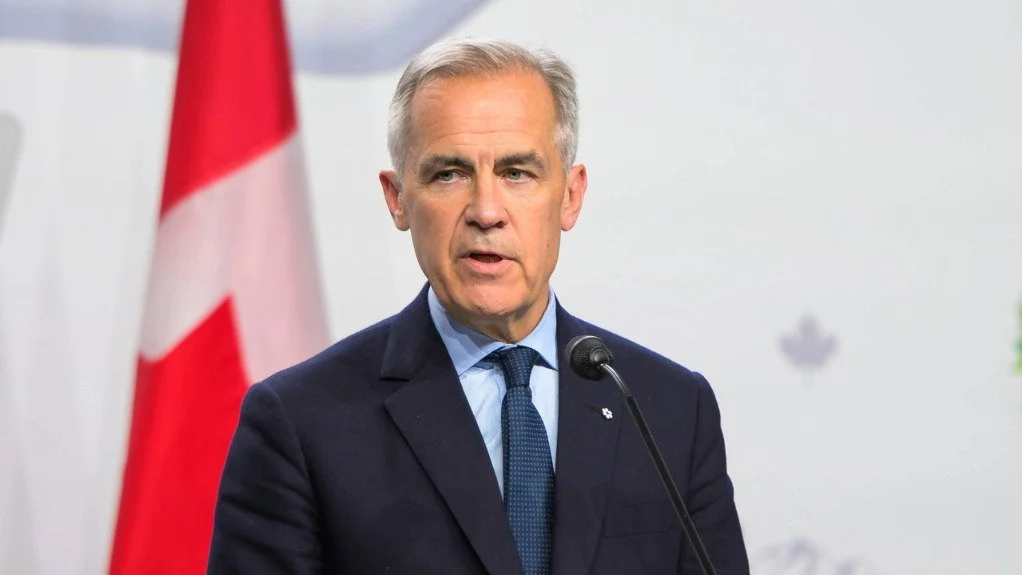Carney Rolls Out Legislation to Fast-Track National Infrastructure Projects
Photo Credit: Mining Weekly
On June 6, Bill C-5, which implements a fast-tracking process for infrastructure projects, had its first reading in the House of Commons. Twenty days later, on June 26, it received Royal Assent, marking the official ratification of the Bill. The Bill has two parts: the Building Canada Act and the Free Trade and Labour Mobility Act. Many Indigenous groups have voiced their concerns and spoken out against the Bill, especially about the Building Canada Act.
The first part of the Bill – the Free Trade and Labour Mobility Act – allows for the mobility of workers. Businesses will be able to work under the government’s regulations in any province or territory, making it easier for them to transfer throughout the country.
The safety and standards of getting a licence will still be the same, and this doesn’t mean the existing regulations will be revoked. The Act will “exclude certain federal requirements from the use of the Act if there are unacceptable risks to the health, safety and security of Canadians, their social and economic well-being, the environment, or international trade objectives,” according to the Government of Canada.
The Building Canada Act lets the government consult with provinces, territories, and Indigenous rights holders to determine which infrastructure projects should be prioritized, based on its national interest.
The Act creates five criteria to determine which infrastructure projects should be prioritized: strengthening of Canada’s autonomy, resilience and security, provision of economic or other benefits to Canada, high likelihood of successful execution, advancement of the interests of Indigenous Peoples, and contribution to clean growth and to meeting Canada’s objectives on climate change. The project’s description must also be published in the Canada Gazette for 30 days to allow for feedback from stakeholders.
After consultations with provinces, territories, and Indigenous rights holders, if the Governor in Council believes that a project may be in the national interest of Canada, it will be added to the Building Canada Act schedule of projects. The purpose of the Act is to have major projects reviewed and approved in two years instead of five years.
Many Indigenous groups have voiced concern or spoken out against this Bill, specifically focused on the Building Canada Act part. The Chiefs of Ontario, a group that represents and supports all the First Nations in Ontario, spoke out against the Bill.
“Although the federal government has claimed that Indigenous participation was considered, the law was developed and passed without meaningful consultation or the free, prior, and informed consent of First Nations,” a statement from The Chiefs of Ontario reads.
“No consideration was given to inherent Treaty rights throughout this legislation process. Despite public commitments to reconciliation and partnership, Bill C-5 was rushed through Parliament in a matter of weeks during summer 2025, leaving little time for dialogue, engagement, or accountability.”
The Chiefs of Ontario created a list about the implications that the Bill has on First Nations, outlining four main ways that it will affect Indigenous Peoples. Specifically, they mentioned that the Bill undercuts communication with Indigenous People, focuses on power and not accountability, jeopardizes treaty rights, and fails to recognize Indigenous Peoples’ right to self-governance.

